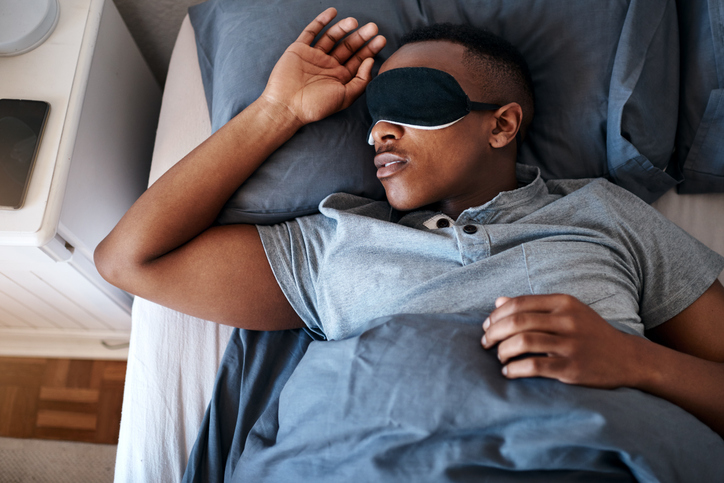Living with Chronic Pain
How Sleep Deprivation Affects Chronic Pain Levels
Source: National Center for Biotechnology Information: National Institutes of Health, Arthritis Foundation, Healthline, National Center for Biotechnology Information: National Institutes of Health

24 people found this helpful
Print
Share
Save
Sleep deprivation occurs when an individual does not get enough sleep — typically less than the recommended seven to nine hours of sleep per night. It is challenging for anyone who experiences it, especially those with chronic pain. Sleep deprivation may cause abnormal pain regulation, heightened sensitivity to pain, increased inflammation, reduced effectiveness of pain medications, and even development of chronic pain conditions.
- Abnormal pain regulation
Central nervous system pathways that regulate pain may be abnormal in sleep-deprived individuals. Therefore, the body may not be able to regulate pain as it would with adequate sleep, leading to new or increased levels of pain. - Heightened sensitivity to pain
Sleep deprivation can lead to hyperalgesia or increased sensitivity to pain. This is more likely to occur if an individual has a pre-existing chronic pain condition. - Increased inflammation
Sleep deprivation can increase levels of inflammation markers in the blood. Increased inflammation heightens pain levels. - Reduced effectiveness of pain medications
Sleep deprivation may also decrease the pain-relieving effects of certain medications that work on opioid or serotonin-based mechanisms of action. This is especially true for pain caused or exacerbated by lack of sleep. - Development of chronic pain conditions
Over time, lack of adequate sleep may even contribute to the development of chronic pain conditions.
For these reasons, it is important for individuals with chronic pain to quickly address sleep deprivation in order to reduce the risk of heightened pain.


















